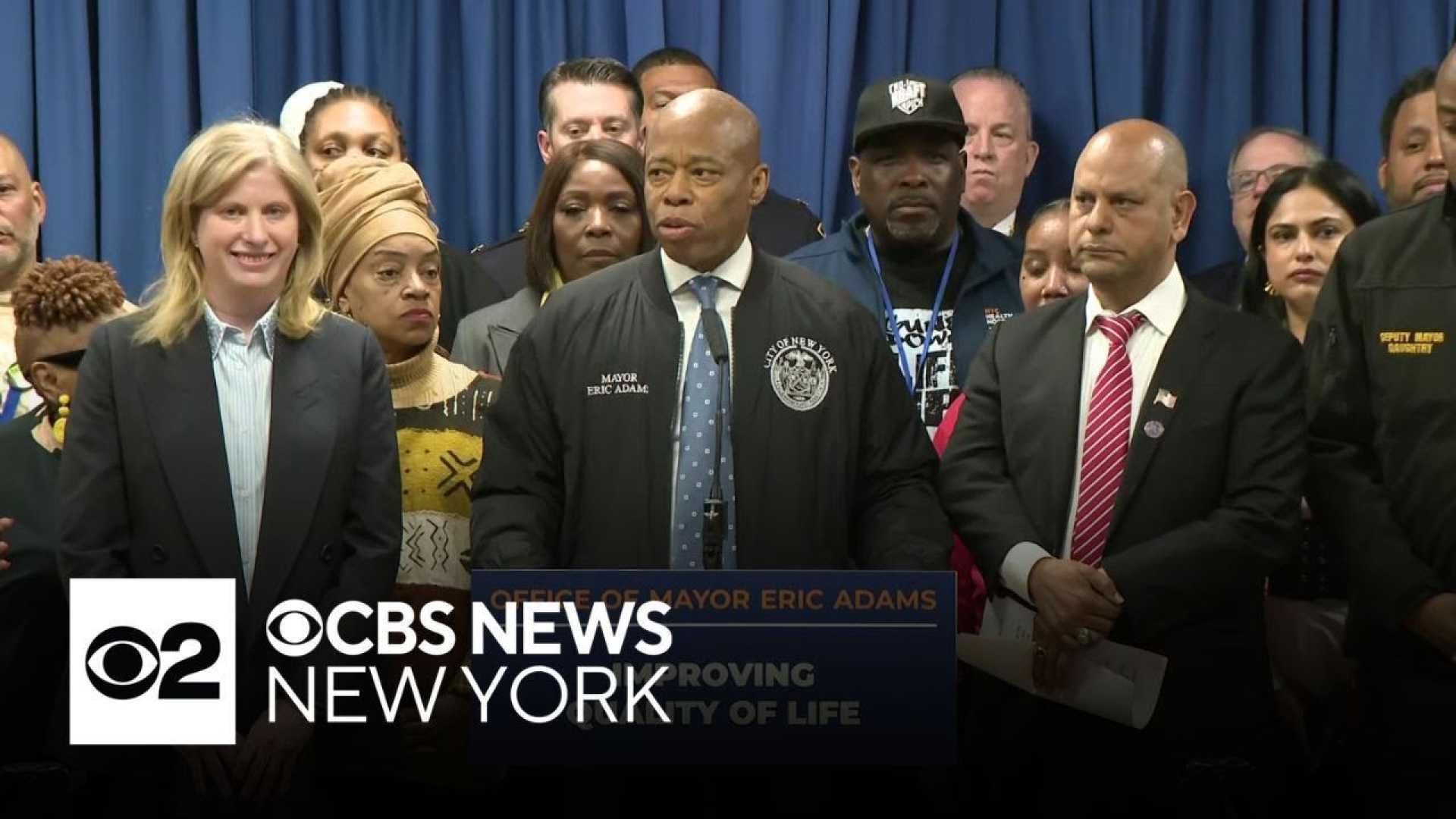News
NYPD Launches New Quality of Life Program to Tackle Urban Issues

NEW YORK — The New York Police Department launched a new pilot program on Thursday aimed at improving urban living conditions across the city. Titled the “Quality of Life Division,” the initiative is designed to address common neighborhood complaints, including panhandling, illegal vending, open-air drug use, and noise disturbances.
Police Commissioner Jessica Tisch announced the program at a press conference at the 13th Precinct in Gramercy Park, stating that it will initially be implemented in six precincts across New York City. For now, the Q-Team will consist of officers from the 13th, 40th, 60th, and 75th Precincts, along with the 101st Precinct in Far Rockaway and Police Service Area 1, which serves city housing projects in southern Brooklyn.
“We’re turning our attention toward the issues that New Yorkers see and feel every day,” Tisch said. “Every New Yorker deserves to feel safe, and the Quality of Life Division will take a direct approach to address these minor issues impacting our streets and public housing developments.”
The new division will respond to the most frequent 311 hotline complaints, targeting nuisances such as illegal parking, abandoned vehicles, and out-of-control scooters. Tisch explained that the initiative aims to provide a responsive and proactive approach to the concerns that everyday New Yorkers report.
While some have drawn parallels between the Q-Team and the controversial “broken windows” policing strategy, Tisch clarified that this program’s intent is different. “First, in the initial implementation of broken windows, they were going after low-level offenses in order to get at higher-level offenses,” she said. “Here, we are doing this to be very responsive to what everyday New Yorkers are telling us and to improve quality of life.”
Mayor Eric Adams supported Tisch’s initiative, emphasizing the importance of addressing public concerns. “We have to be focused on ensuring people feel safe,” he said. “When you have an abandoned car on your block that has been there for a few days, people tend to believe that it’s the state of lack of being safe.”
The implementation of Q-Teams will be monitored and evaluated, with the department planning to refine the approach as necessary. The division will be supervised by Deputy Chief William Glynn, who has extensive experience within the NYPD.
Civil liberties advocates have expressed concerns about the potential for this program to devolve into aggressive policing tactics. Bronx District Attorney Darcel Clark has cautioned against a return to “broken windows” policies, advocating for a more modern approach to public safety that addresses root causes of crime.
“Now is not the time to retreat to broken windows policing,” Clark stated at a City Council budget hearing. “Now is the time to look ahead to 21st century solutions aimed at keeping the Bronx safe.”
Despite the program’s launch, Tisch and Adams maintain that the approach allows for officer discretion and is distinct from zero-tolerance tactics. Officers will have the flexibility to choose how they address issues, which may include ticketing, towing, or other actions.
Officers from the participating commands are expected to engage with the community, monitoring trends and responding swiftly to residents’ concerns. The feedback from this pilot will be critical as the NYPD considers expanding the Quality of Life Division citywide.












